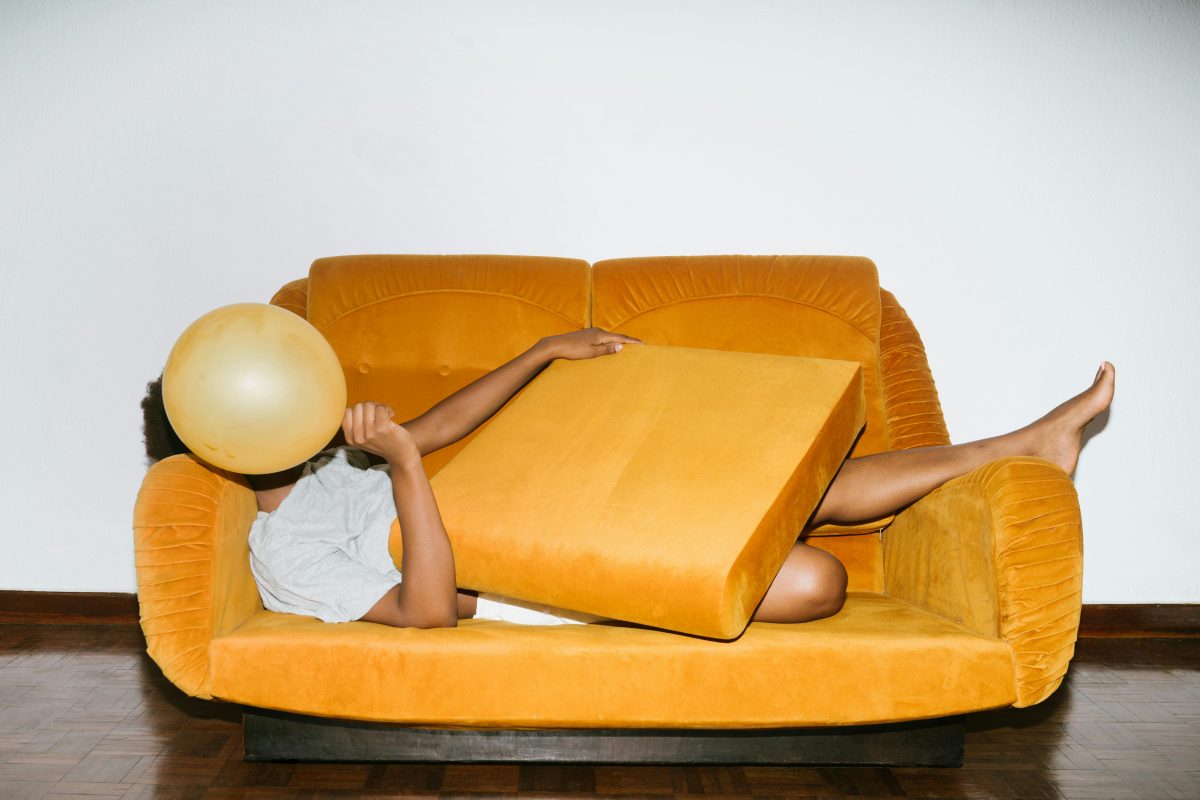
By Yamila García
I remember my younger self wanting to try things other people did. Many things weren’t clear to me at that time, so I wanted to try and see why I didn’t feel attracted or compelled to do this or that. I always observed how people interacted, and through that, I learned what was expected of me and what was considered socially acceptable. I knew what I had to do to “fit in”; I had it all studied in my mind. However, every time I tried something, things didn’t go as they were supposed to.
I think that by telling you that in my country a normal time to go to dinner at a restaurant is around 10:30 or 11 pm, you can imagine how late any other type of night out is. Just eating pizza at a friend’s house would imply that I had to stay up until 1 am at a minimum. Getting together with your friends in my country will never be a quick one-hour coffee; it will be several hours. Considering that by dinner time it would have been a whole day of stimuli and social interactions that imply fatigue due to the energy that all this entails, by dinner time things were getting difficult.
I was beginning to notice that my eyelids were getting heavy, that I couldn’t keep my eyes open, and that in that trance between the conscience that told me “you can’t fall asleep in public” and the overwhelming drowsiness that seemed to crush me, reality would begin to distort. The tiredness would become so profound that I would even confuse the shapes of things before my eyes, seeing things that weren’t really there or weren’t what I thought I was seeing.
I always enjoyed being with my friends, but it became so difficult to handle this. Of course, I was discouraged. I felt frustrated and wanted not to go anymore. In any case, I sought to understand myself with the tools I had then. I took lighter days before having a meeting with friends or joined them when the activities were earlier (although I didn’t understand why I would get more tired than my friends). Over time, bars became fashionable around 6 pm, and that was great for me. I also began to know myself better and understand when my social battery was about to run out; I would immediately disappear in a taxi. Some coworkers even joked that I was Cinderella and that my car would turn into a pumpkin at 12.
In each stage of my life, the worst time is when I deny who I am, and the best time is when I embrace who I am. Denying difficulties is not going to make them disappear; however, when you know yourself more and better, you can take care of yourself and respect your needs.